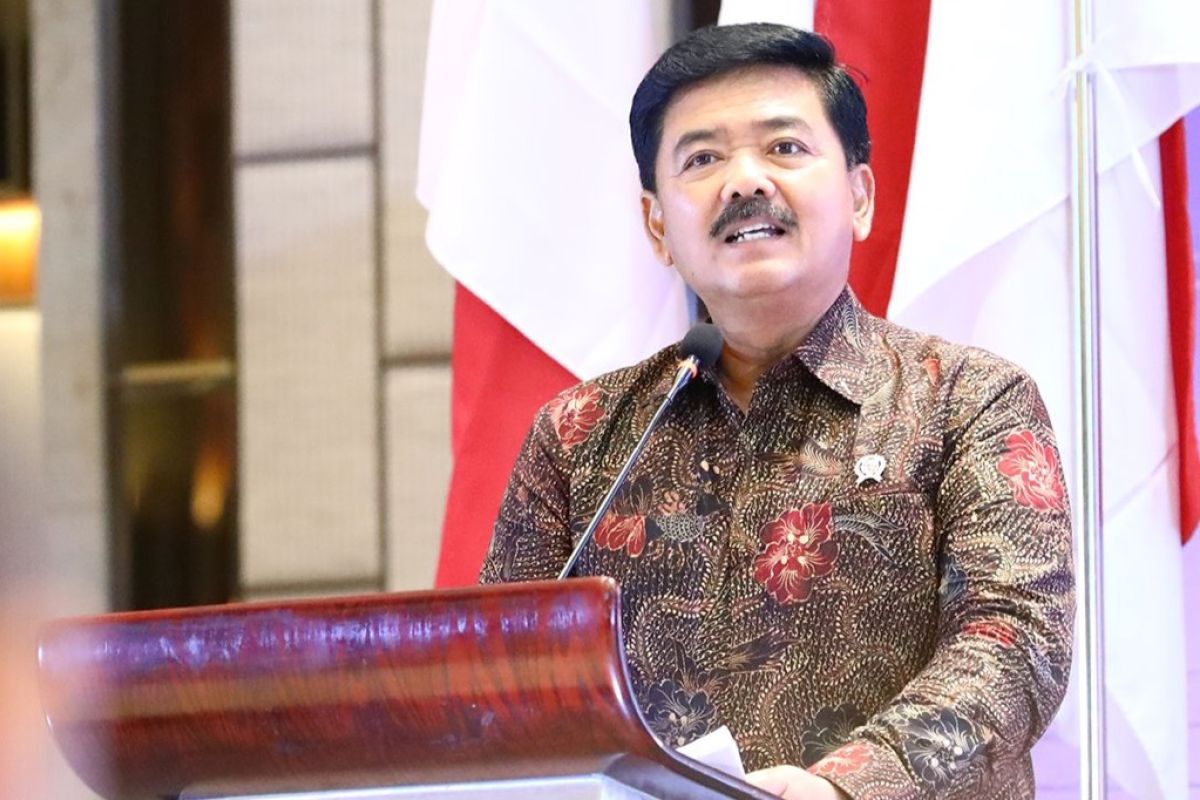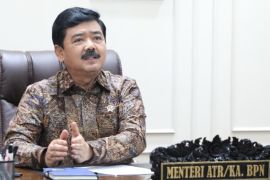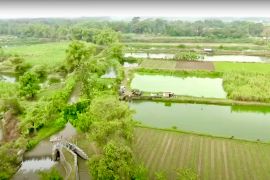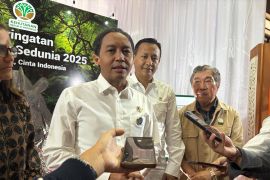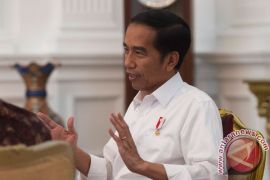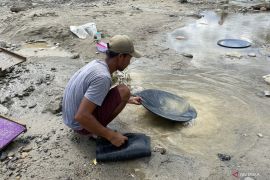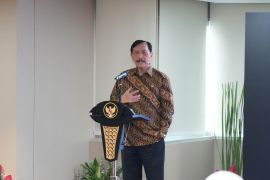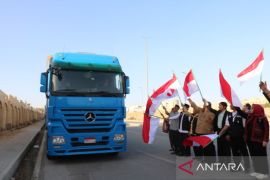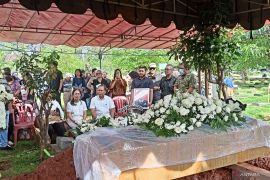The program aims to create a source of welfare, improve food resilience, facilitate public access to economic sources, reduce poverty rate, and expand job opportunities, he elaborated.
"Since the start of 2023, there needs to be some efforts for addressing the existing challenges," the minister noted in his statement received here on Wednesday.
Tjahjanto delivered his statement during the ministry's technical meeting on February 21, 2023. The meeting is hosted from February 20 to February 22, 2023.
Minister Tjahjanto reminded everyone to remain cautious in responding to the issues and to focus on the target.
One of the most important aspects in the Agrarian Reform's to-do list is to facilitate people, so they have better access to the management of their plots as well as access to information.
Tjahjanto stated that the ministry needed to educate people on land use, because in future, opportunities would come from land use.
Related news: Government working with community to realize agrarian reform
He said they would encourage people to obtain rights of structure or building uses apart from the rights to manage land.
The notion aligned with the concept of benefit sharing mechanism, wherein public welfare could be pursued through land owned by the government, state-owned enterprises, and other parties, via cooperation, he added.
"I expect that the land distribution concept can be emulated in all areas across Indonesia, so it can bring about an improvement in the public economy," he noted.
Moreover, the minister laid emphasis on collaboration as the key to a successful Agrarian Reform. Its task force needs to function as a bridge between stakeholders, so they could address issues on land ownership, management, and use in order to ensure everyone's welfare.
He pressed for active participation from the public in this effort as well.
Acting director general of Agrarian Management Andi Tenrisau stated that the ministry formulated a policy, called Sustainable Agrarian Management, to conduct Agrarian Reform.
"Sustainable Agrarian Management is, in essence, managing agrarian resources well, particularly land, so a target can be achieved," he elaborated.
According to Tenrisau, four sub-systems to the policy include input, conduct, output, and feedback. Input refers to the ministry's access to relevant data on spatial planning.
"Moreover, also have the structure of land ownership and also have data on the socio-economic (landscape) of certain people in the region," he added.
He noted that the ministry needed to have that data before it could conduct efforts.
Related news: Govt speeds up agrarian reform to strengthen economy
Related news: Minister commits to improving digital-based land services
Translator: Maria Cicilia G P, Mecca Yumna
Editor: Yuni Arisandy Sinaga
Copyright © ANTARA 2023
